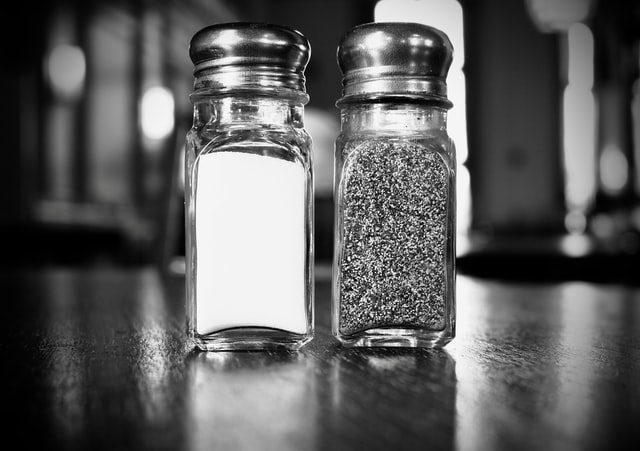Iodine is a trace mineral that is often only associated with whether your salt is iodised or not or is in the first aid kit as an antiseptic for minor cuts. But it is so much more than that…
Iodine deficiency has been making a comeback in Australia and in 2009 Australian and New Zealand Food standards now has the requirement that all commercially made bread (except for organic or unpackaged) is to include iodised salt. It is believed some of the reasons we are becoming more deficient in iodine is that sanitation processes in the dairy industry were changed which has reduced iodine content. It can also be linked to low seafood diets and this mineral is not as strong in our soil as it was, therefore some vegetables that once were higher in iodine are no longer.
Why is iodine so important?
There are several processes iodine is important for. But the main ones include:
- Synthesis of thyroid hormones
- Contributes to physical and mental development – very important in pregnancy
- Regulates hormone secretion
- Involved in cell division
- Myelination
- Regulating immune responses by mast cells
Signs of possible iodine deficiency:
- Decreased levels of T3 and T4 – thyroid hormones
- Fatigue
- Hypothyroidism – thyroid is not working as effectively as it should
- High cholesterol
- Insulin resistance/syndrome X
- Oestrogen excess
- Obesity
- Polycystic ovarian syndrome
The main food sources containing iodine include:
- Asparagus
- Seafood but particularly cod and oysters
- Garlic
- Irish moss
- Lima beans
- Mushrooms
- Sunflower seeds
- Commercial bread in Australia/NZ and iodised salt
There are some foods, if eaten in excess which can impair the absorption of iodine and should be avoided if there is a thyroid goitre present. They include:
- Cabbage
- Brussel sprouts
- Legumes
- Tea
- Cassava
You can test for iodine deficiency and the most reliable is a 24 hour urine test. If this is something you are interested in doing or want to chat about whether iodine deficiency could be causing some of the above symptoms for you, contact Clinical Nutritionist Megan Crockart to book in – megan@balancingnutrition.com.au or 0417 679 287.
Megan Crockart is a qualified Holistic Nutritionist & a self-confessed foodie! Megan has a special interest in working with individuals with allergies, food intolerances, SIBO, eczema, pre- & post-natal health & children’s health.
To book a consultation with Megan please click here.
References available upon request


